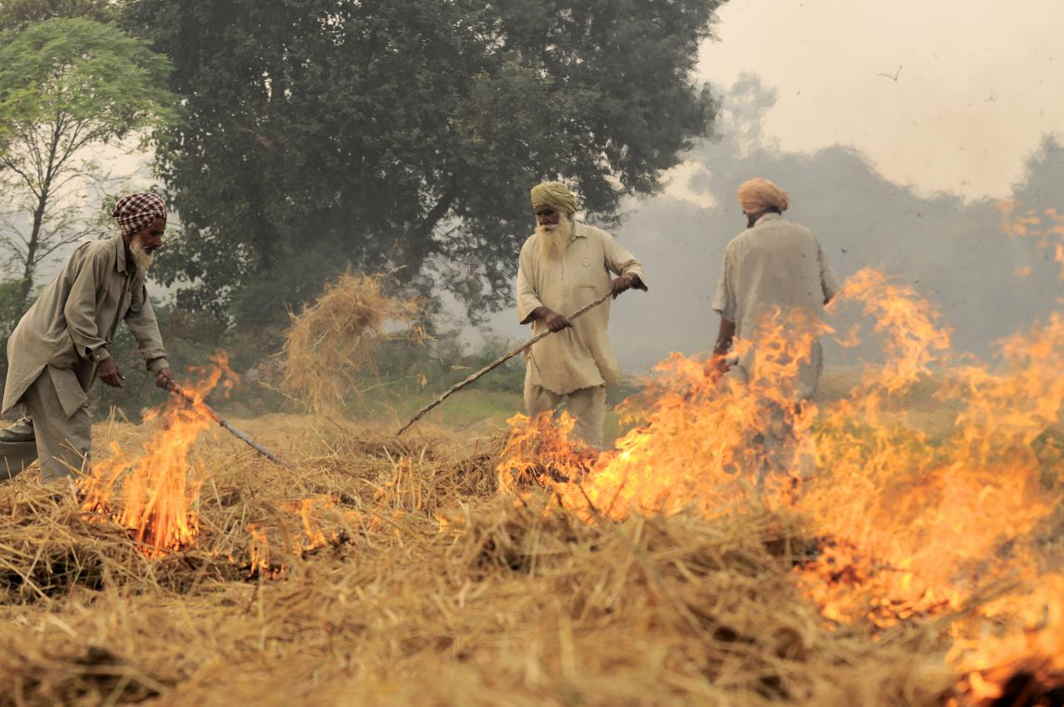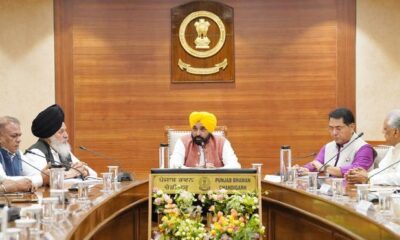India News
Punjab Chief Minister Amarinder Singh introduces 4 new bills to counter Centre’s farm laws
The resolution was moved by Singh on the second day of a special assembly session in Chandigarh over centre’s contentious farm laws. He introduced three new bills to counter new farm laws.

India News
JNU protest turns violent as Left and Right student groups trade charges
A late-night protest at JNU turned violent as Left and ABVP student groups accused each other of stone-throwing and attacks near the East Gate.
India News
World praised India’s AI potential at AI Impact Summit, says PM Modi
PM Modi said the world praised India’s AI potential at the AI Impact Summit 2026, where 89 countries endorsed the New Delhi Declaration on artificial intelligence.
India News
Devendra Fadnavis seeks CBI probe into Ajit Pawar plane crash
Maharashtra Chief Minister Devendra Fadnavis has requested a CBI investigation into the plane crash that killed Deputy CM Ajit Pawar, alongside ongoing DGCA and CID probes.
-

 India News5 hours ago
India News5 hours agoJNU protest turns violent as Left and Right student groups trade charges
-

 India News6 hours ago
India News6 hours agoDevendra Fadnavis seeks CBI probe into Ajit Pawar plane crash
-

 LATEST SPORTS NEWS5 hours ago
LATEST SPORTS NEWS5 hours agoICC Men’s T20 World Cup 2026: South Africa outclass India with smart slower-ball strategy in Super 8
-

 India News5 hours ago
India News5 hours agoWorld praised India’s AI potential at AI Impact Summit, says PM Modi














